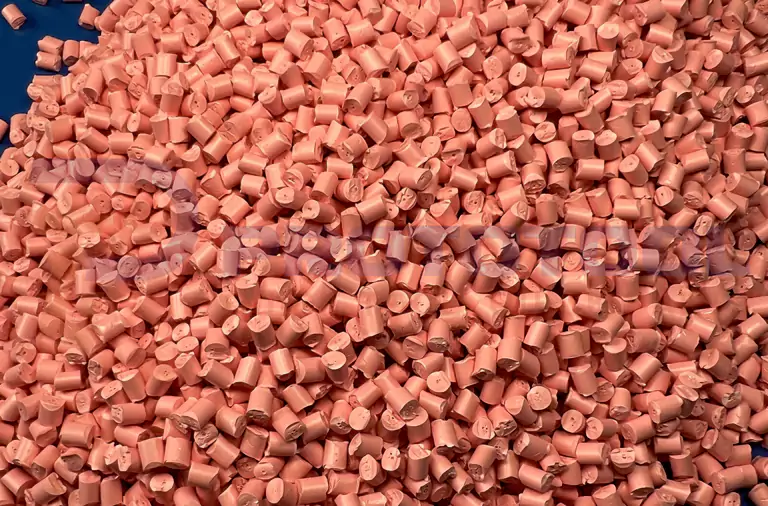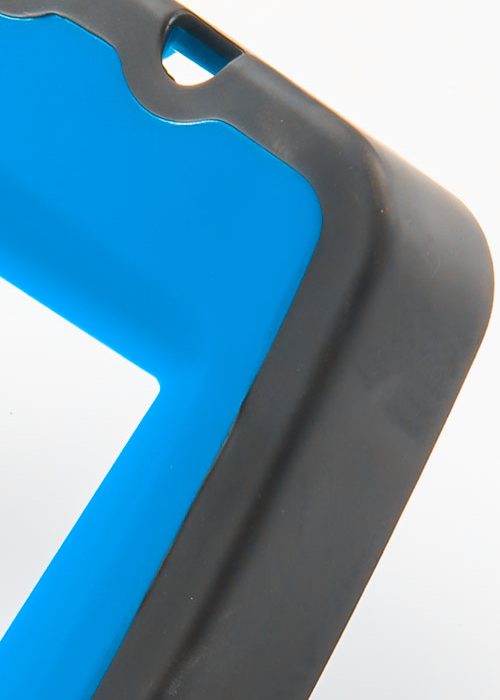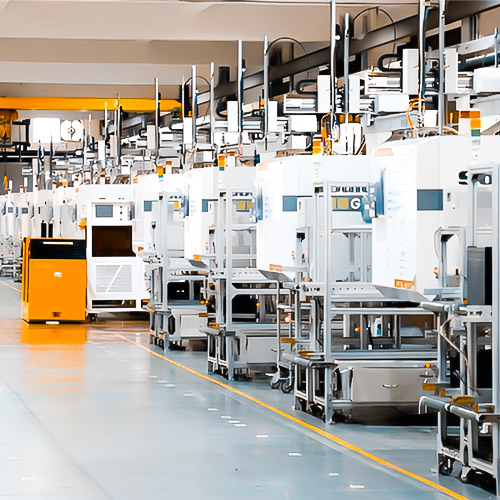Mass Production Services
- Wide industry application
- Time, cost effective
- Top-grade in-house production capability
Mass production refers to the large-scale production of standardized products. It is typically used for the production of high volumes of standard products and relies on economies of scale to reduce costs. Mass production is characterized by the use of specialized machinery and efficient processes to produce large quantities of products in a short period of time. Mass production is suitable for companies with high volume production needs and is often used in industries such as automotive, consumer goods, and electronics.
why Choose Us
Production capacity
We have the capacity to handle your production needs. This includes the necessary machinery, equipment, and skilled labor to produce high volumes of products efficiently.
Cost
Mass production relies on economies of scale to reduce costs, so it is important to choose a supplier that offers competitive pricing such as Superior Parts.
Quality control
Mass production involves producing large quantities of standard products, so it is important to choose a supplier with robust quality control processes in place to ensure that all products meet the required specifications.
Customer service
Good customer service is important in any business relationship, and it is especially important when working with a mass production supplier. We are responsive, communicative, and able to address any issues or concerns that may arise.
Our Mass Production Working Process
Submit Request
Upload your 3D file or any design work.
DFM & Quotation
We usually get back to you within 24 hours.
Casting & Machining
Once receiving the deposit, we start working on the project.
Shipping
Packaged, labeled, and shipped to your door right on time
Start your mass production business?
Our Mass Production Solutions
CNC Machining
Maximize your production capabilities with our advanced and highly precise CNC machining service. Our service includes 3, 4, and 5 axis machining, turning, milling, surface grinding, and EDM grinding. Our team of skilled machinists and state-of-the-art equipment ensure the production of high-quality parts with exceptional accuracy and attention to detail. Trust in our expertise to handle all of your CNC machining needs.
Plastic Injection Molding
Choose from a variety of colored or transparent plastics that can be molded into your desired shape quickly and at a competitive price. Our injection molding services offer a range of options to meet your specific needs, including a wide selection of materials, fast turnaround times, and market-competitive pricing. Trust in our expertise to provide high-quality, cost-effective injection molded parts that meet your specific requirements.
Mass Production materials
Our mass production processes utilize a variety of materials, including metals such as aluminum, magnesium, steel, titanium, and brass, as well as plastics such as ABS, PC, PP, PEEK, POM, and acrylic. We also have the ability to source and use other materials to meet your specific needs and applications. Whether you require standard or specialized materials, we have the expertise and resources to deliver the results you need. Trust in our experience and capabilities to provide high-quality mass production services that meet your specific requirements.

tolerance
Tolerance is an important factor to consider in mass production machining, as it refers to the allowable deviation from the desired dimensions of a part. Tight tolerances can be necessary in some applications to ensure that parts fit and function properly, while looser tolerances may be acceptable in other cases.
There are several factors that can affect tolerance in mass production machining, including the type of material being machined, the complexity of the part, and the equipment being used. In general, machining metals tends to have higher tolerances than machining plastics, as metals are typically more rigid and have a higher level of dimensional stability.
It is important to carefully consider tolerance when designing parts for mass production, as tighter tolerances can increase the cost and lead time of the production process. It is also important to communicate tolerance requirements clearly with the machining supplier to ensure that the finished parts meet the necessary specifications. Ultimately, the optimal tolerance will depend on the specific needs and requirements of the application.
Finishing
There are several finishing services that can be used for mass production, including:
Painting: Parts can be painted to add color or protect the surface from wear and damage.
Plating: Parts can be plated with metals such as gold, silver, or copper to improve their appearance or protect them from corrosion.
Anodizing: Anodizing is a process that involves electrochemically treating the surface of a metal part to improve its resistance to wear and corrosion.
Powder coating: Powder coating is a process that involves applying a dry, powdery paint to a surface and then curing it under heat to create a durable, protective finish.
Sandblasting: Sandblasting is a process that involves blasting abrasive particles at a surface to create a rough, textured finish.
Polishing: Polishing is a process that involves buffing a surface to a high shine using abrasive compounds or machines.
Heat treating: Heat treating is a process that involves heating and cooling metal parts to improve their strength, hardness, and other properties.
Assembly: Many mass-produced parts require assembly to create a finished product. This can include attaching multiple parts together, adding hardware or components, or performing other tasks to complete the product.

Free & Quick
Our Strengths for Mass Production Services
Production capacity:
A provider with a large production capacity can handle high volumes of orders and meet tight deadlines.
Quality control:
A provider with robust quality control processes can ensure that all products meet the required specifications.
Cost-effectiveness:
A provider that can offer competitive pricing can help keep production costs down.
On-time delivery:
A provider with a proven track record of on-time delivery can help ensure that orders are received as expected.


Flexibility:
A provider that can adapt to changes in demand or product specifications can be a valuable partner.
Customer service:
A provider with excellent customer service can make the production process smoother and more efficient.
Innovation:
A provider that is willing to explore new technologies and methods can help drive innovation and improve the production process.
Expertise:
A provider with a team of experienced professionals can bring valuable knowledge and skills to the production process.
F.A.Q.
Mass production refers to the large-scale production of standardized products. It is typically used for the production of high volumes of standard products and relies on economies of scale to reduce costs.
Mass production is used in a variety of industries, including automotive, consumer goods, and electronics. It is a suitable option for companies in these industries that have high volume production needs.
Some of the benefits of mass production include lower costs, higher efficiency, and the ability to produce large quantities of standardized products quickly. Mass production can also be more cost-effective than other production methods for high volume production runs.
One of the main limitations of mass production is that it is not well-suited for the production of customized or specialized products. It is also generally less flexible than other production methods, as it is designed for the production of large quantities of standard products.
Mass production is used for the production of large quantities of standard products, while low-volume manufacturing is used for the production of smaller quantities of customized products. Mass production is typically less flexible and more expensive than low-volume manufacturing, but it is more efficient for high volume production runs.
When choosing a mass production supplier, it is important to consider factors such as production capacity, quality control, cost, delivery, flexibility, customer service, and expertise. It is also important to carefully consider your specific production needs and requirements and choose a supplier that can meet those needs effectively.